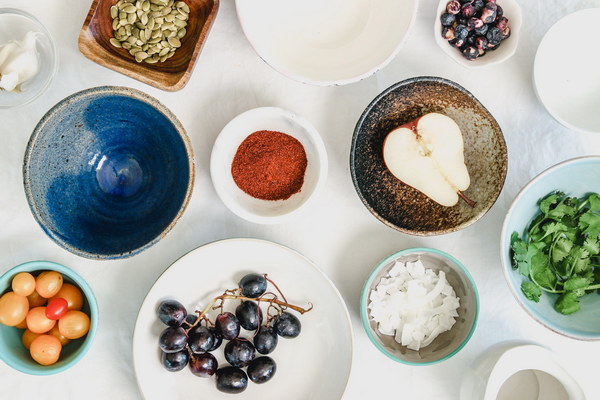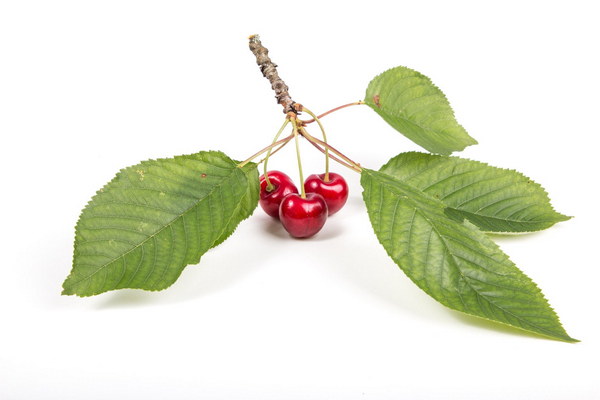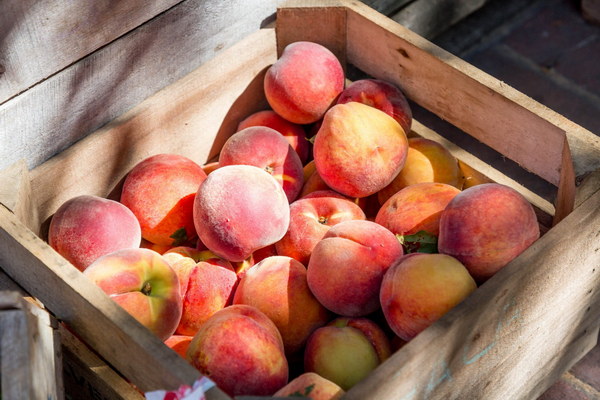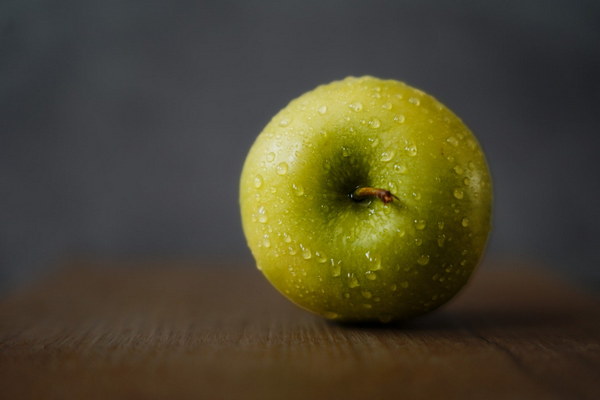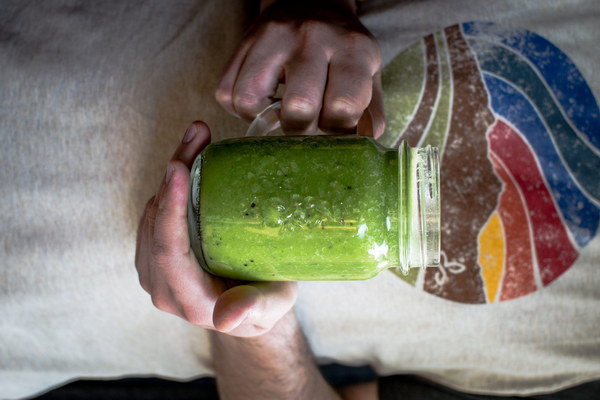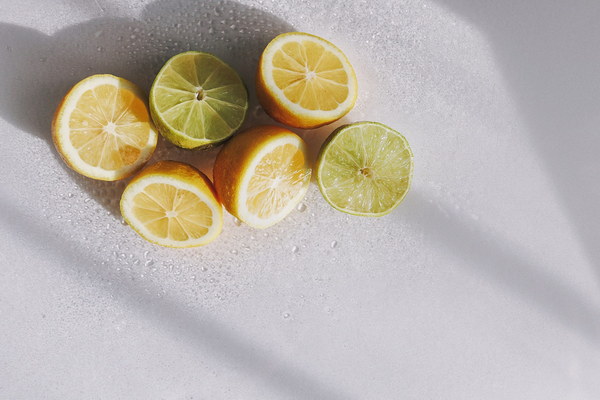Revitalize Your Lungs and Liver with the Purifying and Protective Herbal Soup A Traditional Chinese Remedy for Modern Wellness
In the hustle and bustle of modern life, our bodies often bear the brunt of stress, pollution, and poor dietary choices. To counteract these adverse effects, traditional Chinese medicine offers a wealth of remedies that have stood the test of time. One such remedy is the Qing Fei Hu Gan Soup, a healing potion designed to purify the lungs and protect the liver. This article will delve into the origins, ingredients, and benefits of the Qing Fei Hu Gan Soup, offering a glimpse into the wisdom of ancient healers.
Origins and History
The Qing Fei Hu Gan Soup is a traditional Chinese medicinal recipe that dates back to ancient times. It is believed to have originated in the Tang Dynasty (618-907 AD), when herbal remedies were widely used to treat a variety of ailments. The soup was created to address the common issue of lung and liver dysfunction, which can lead to respiratory problems, fatigue, and poor digestion.
Ingredients
The Qing Fei Hu Gan Soup is composed of a carefully selected blend of herbs known for their therapeutic properties. The primary ingredients include:
1. Scutellaria baicalensis (Huang Qin): Known for its anti-inflammatory and antioxidant properties, this herb helps to clear heat and toxins from the body.
2. Astragalus membranaceus (Huang Qi): A well-known immune-boosting herb that strengthens the body's defense against diseases and enhances overall vitality.
3. Bupleurum chinense (Chai Hu): This herb aids in the regulation of the liver and helps to relieve stress and tension.
4. Poria cocos (Fu Ling): Known for its diuretic and detoxifying properties, this mushroom helps to purify the blood and remove excess fluid from the body.
5. Phellodendron amurense (Huang Bai): This herb has a cooling effect on the body and is used to treat liver heat and internal heat in the lungs.
6. Alisma orientale (Ze Xie): This herb promotes digestion and helps to reduce swelling and inflammation in the body.
Preparation and Consumption
To prepare the Qing Fei Hu Gan Soup, follow these simple steps:
1. Rinse all the herbs thoroughly to remove any impurities.
2. Place the herbs in a pot and add 4 cups of water.
3. Bring the water to a boil, then reduce the heat and let it simmer for 30 minutes.
4. Strain the herbs from the liquid, and serve the soup while warm.
It is recommended to consume the soup twice a day, once in the morning and once in the evening, for best results. It is important to note that the soup should be taken on an empty stomach to maximize its absorption and effectiveness.
Benefits
The Qing Fei Hu Gan Soup offers numerous health benefits, including:
1. Lung Purification: The herbs in the soup help to eliminate toxins and impurities from the lungs, improving respiratory function and reducing the risk of respiratory infections.
2. Liver Protection: The soup supports liver health by reducing liver inflammation, improving detoxification, and enhancing the production of bile.
3. Immune Boost: The immune-boosting properties of Astragalus membranaceus help to strengthen the body's defense against diseases.
4. Stress Reduction: Bupleurum chinense has a calming effect on the nervous system, helping to alleviate stress and anxiety.

5. Digestive Support: Alisma orientale aids in digestion, promoting a healthy gut and reducing the risk of bloating and indigestion.
In conclusion, the Qing Fei Hu Gan Soup is a time-honored traditional Chinese remedy that offers a holistic approach to health and wellness. By purifying the lungs and protecting the liver, this herbal potion can help you achieve a greater sense of vitality and well-being in the face of modern life's challenges. So, why not give this ancient elixir a try and experience its life-enhancing benefits for yourself?

